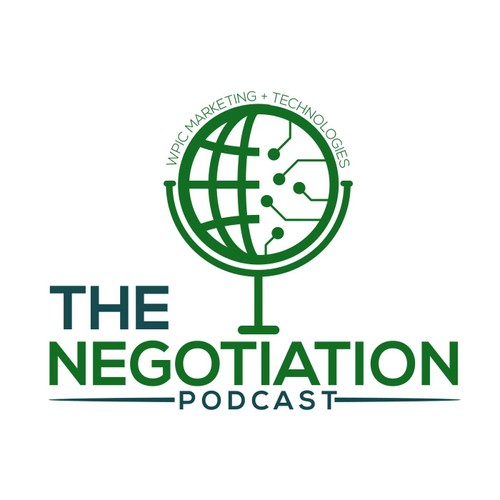
 The Negotiation
The Negotiation Wei Liang | Digging Into US/China Foreign Policy, Discussing The Belt & Road Initiative and the Asian Infrastructure Investment Bank
Today on The Negotiation, we speak with Wei Liang, Professor of International Policy Studies at Middlebury Institute of International Studies at Monterey. She discusses the current state of the Belt and Road Initiative in-depth, as well as China’s current reputation on the world stage amid a variety of crises, not least of which are COVID-19 and the country’s strained relationship with Hong Kong.
The Belt and Road Initiative was first announced in 2013 by President Xi Jinping with the ambitious (and ever-evolving) plan to connect Asia, Europe, the Middle East, and Africa. The belt begins in the northwest part of China and connects to Central Asia through to Europe. The road refers to the 21st Century Maritime Silk Road which connects China to Southeast Asia, the South China Sea, the Indian Ocean, all the way through to the Middle East and Africa.
China’s goal is to connect with regions that it never had much economic influence in previously, while at the same time trying to bypass the influence of the United States by going through the “backyard” of Russia and India. China is intentionally keeping the BRI a “vague concept” striving to make it “open and inclusive”. One thing that has remained constant since its inception is that the United States has not been included thus far and does not seem likely to participate in any capacity any time soon.
China’s relations with other powerful countries has been unsteady for a variety of reasons. China’s exponential rise as a global exporter in Asia is one factor. The language and cultural barriers are others. Recently, certain issues have influenced China’s image for the worse, two of the biggest being the impact of COVID-19 and the country’s turbulent relationship with Hong Kong.
China’s focus is on infrastructure investments, which is why it put a tremendous amount of resources into the BRI. Its current relationship to the US, particularly after the trade war and the COVID-19 outbreak, is a confirmation to many scholars who have been following the unique relationship between the two countries: China has always sought to remain prepared with alternative markets to do business in.
Regardless of which party wins the US presidential election in November, China will continue to have to deal with the profound mistrust between the two countries. Economic issues are one thing. Geopolitical and security considerations are another, and the two nations have continually stoked the embers of conflict throughout the past few years.
